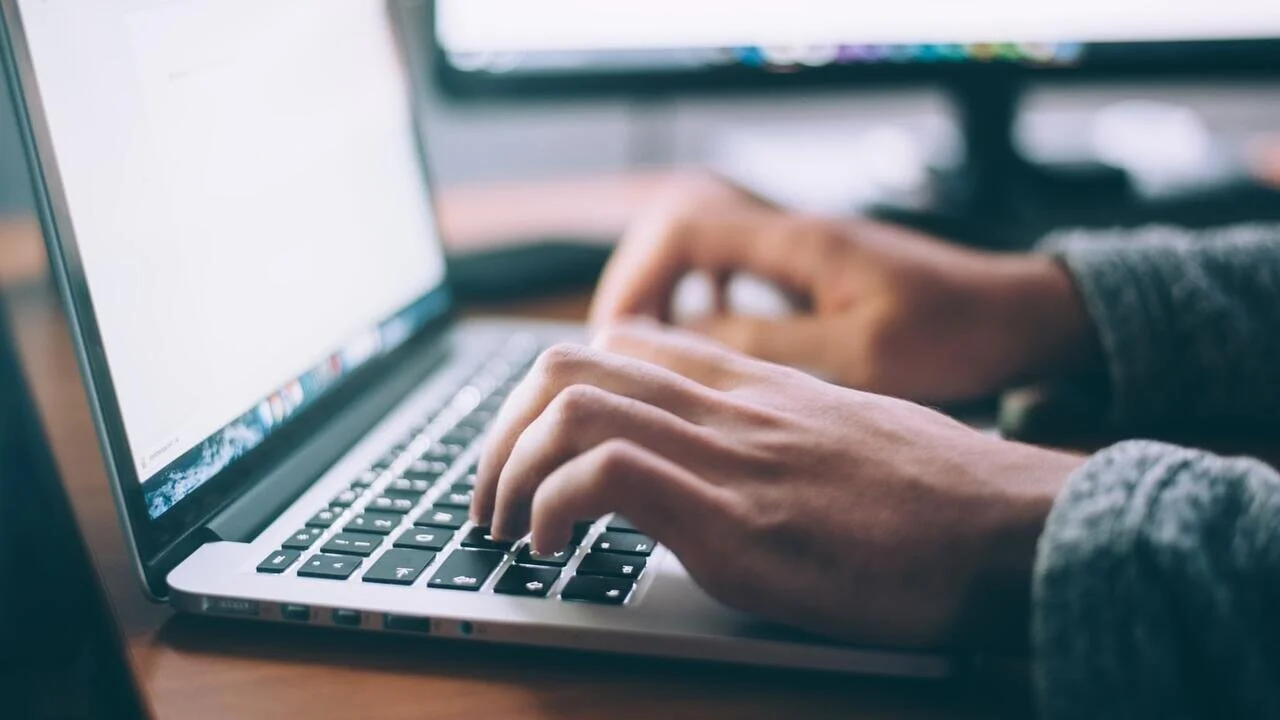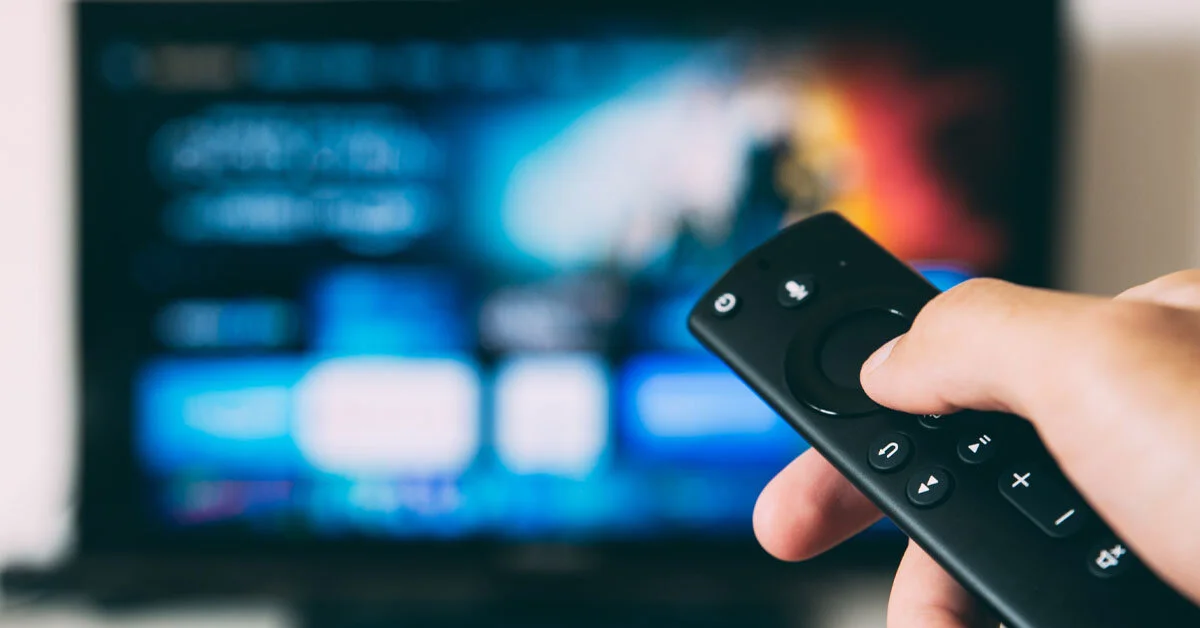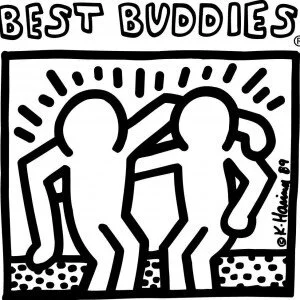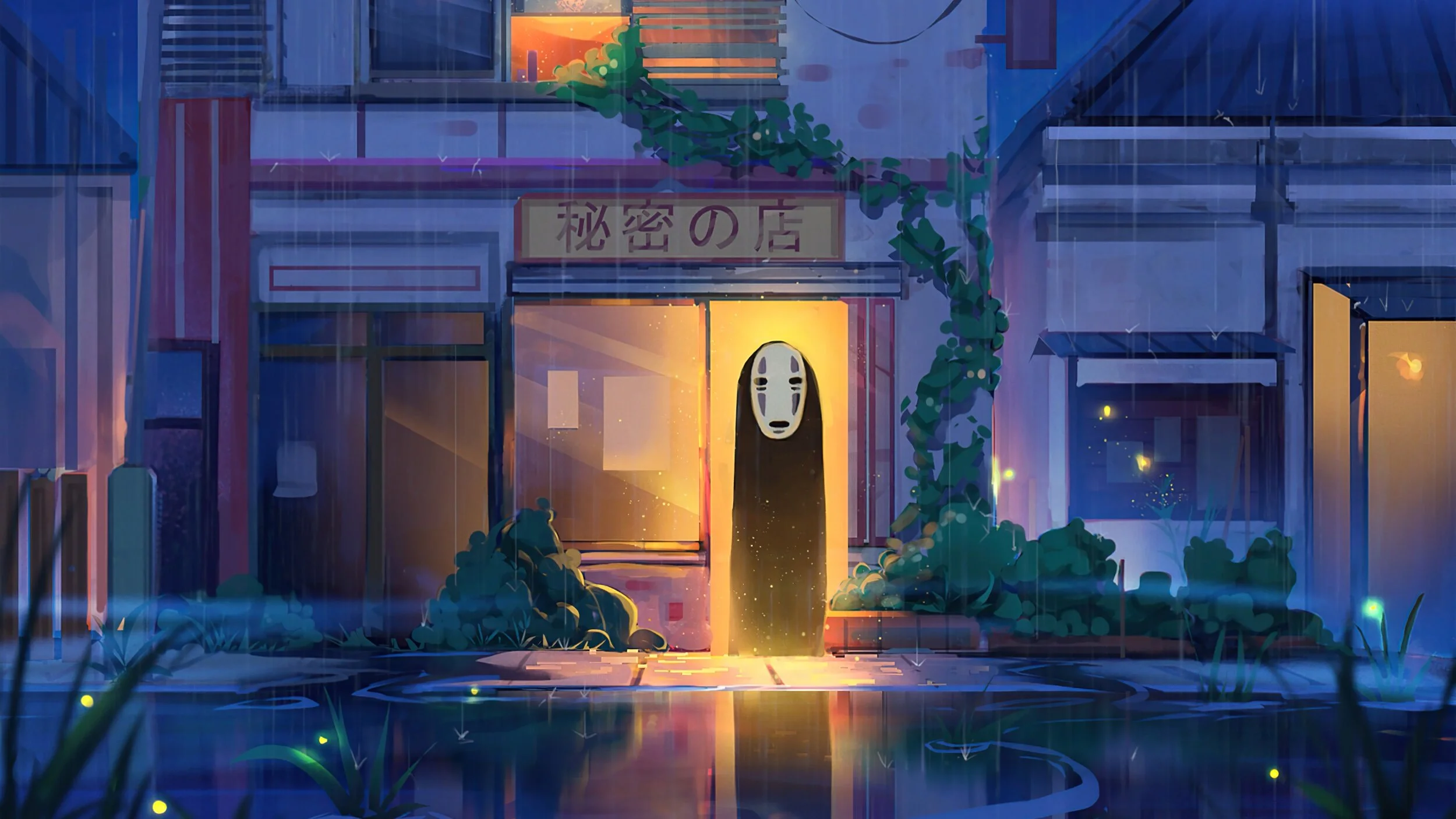How Social Media Affected Our Connection in Quarantine
Photo from: https://www.grazia.co.in
Maya Bell
Social Media: How it became even bigger in 2020
Social media had a big impact on all Americans during the pandemic. Since everyone was forced to stay inside during Covid, social media was some people’s only way to communicate with the outside world.
Media companies made a huge score during our times in isolation. According to the New York Times, Tik Tok had 2 billion downloads and 850 million monthly active users. “It was a way to connect with my peers better. Face-to-face interaction was difficult when my friends had stricter parents and couldn't go hang out with their friends whenever they wanted,” said junior Cullen Treichel. Social media was able to bridge the gap for people during isolation. For some people Zoom and Skype became their only way to communicate to the outside world.
For me, I took pictures and posted them. Since then, I learned to love myself a little more and take care of myself. - Chu Xiong, a junior.
Even with all of the good that social media has done, there has also been a massive downside. The most obvious example would be echo chambers and the spread of misinformation across the internet. According to the Harvard Gazette, about two-thirds of people have seen misinformation about Covid-19.
Facebook especially had a hard time with the spread of misinformation on the platform. Hamilton Communication Arts teacher Mrs. Sarah Kowalske says, “I have been significantly bothered by the rampant spread of misinformation on social media. So many people spread lies and conspiracy theories online and it is disheartening to see this. It’s so easy to share this kind of content and people aren’t willing to fact-check the validity of this information, so the problem persists.”
The Attack on the Capitol
On January 6th, radical Trump supporters, QAnon supporters, and right-wing extremists attacked the legislative building. It was a scary day for our nation, and it caused the government to crack down on websites that could have helped prompt these attacks on the Capitol.
Regardless, the attack caused Americans everywhere to think about the effect of social media on extremists. Emma Hartman, a senior reflects on the situation: “I think the riot makes me more skeptical because it makes me realize just how much power social media can have. It can rally together a lot of people very quickly and relatively quietly, and it gives people in charge a ton of power and voice, too, which the riot displayed as something that can be extremely dangerous.”
Maddy Gorgan, a junior, adds,“Yes, it has definitely made me more skeptical, but not particularly on the social media platforms themselves, but rather the people it brings together...I take anything I learn with a grain of salt and sometimes research further to see how close to the truth the information was.” Maddie has learned the importance of not trusting everything at face value.
After this shocking event social media cracked down on websites that may have influenced this attack. Twitter, Facebook, Snapchat, and Reddit shut down the former President Donald Trump’s account. Other prominent figures in the political sphere also had their accounts blocked by social media companies. This day has shocked everyone and now whatever happens, the power of social media in politics is now a serious conversation that resides in the mind of America.
Streaming Services and Movie Theaters
Streaming services have seen a massive increase during Covid. Since many are stuck at home and unable to go to the movies, it makes sense that people would turn to streaming services to help satiate their need for entertainment. According to the LA Times, Netflix’s revenue increased 22% in 2020 with 6.6 billion dollars.
Unfortunately, the downside of this is that movie theaters are now in jeopardy. Dozens of big features such as Black Widow, Ghostbusters, and James Bond: No Time to Bond. According to Variety magazine, box office revenue is at a 40 year low with the box office struggling to even reach 2.2 billion this year. In comparison, in 2019, the box office revenue in America was 11.39 billion because of huge blockbuster movies like Avengers Endgame and Spiderman: Far From Home. With this uncertainty from movie theaters, entertainment companies have been placing most of their movies on streaming services.
The most popular shows and phenomena weren’t found on cable shows like CBS and Cartoon Network, but rather on streaming services. Tiger King is one of the biggest examples of this phenomenon, with the titular star of Tiger King even asking for a pardon from the President of the United States. Also, shows like Bridgerton had about 82 million people watching during the pandemic.
While there was a big boom for streaming services, the companies were also seeing subscription fatigue happen in the later months of the pandemic. According to Variety, 17% of subscribers said they had canceled at least one streaming service. 36% of subscribers ended it for high prices and 35% of subscribers ended their streaming service at the end of their free trial.
“I was surprised how much I missed going to the theater. There are just some movies that have to be seen in theaters,” says Communication Arts teacher Mr. Barry Holloway.
For others, the loss of theaters isn’t that big of a deal. “I prefer using streaming services. I like going to theaters, but each time I go it feels like it is much more expensive than the last time- it’s a LOT of money to spend just to see a movie,” says Hartman.
“I rarely go to the theaters (even before COVID) so I generally prefer streaming services. The theater experience is certainly better and is worth it if it’s a special movie I know will be good; however, it’s hard to beat the ease of staying at home to watch content,” adds Mrs. Kowalske.
It really depends on the person, but the streaming service industry will be put to the test after Covid-19 is over.
Now more than ever the internet has had a massive impact on the lives of everyone. The limits of social media have been tested and will continue to be tested in these coming months. The question is, will we use this experience to make the internet a better place or something worse?
Resources
https://www.nytimes.com/2020/12/31/style/tiktok-trends-2020.html
https://www.thebrandonagency.com/blog/covid-19s-impact-on-social-media-usage/








